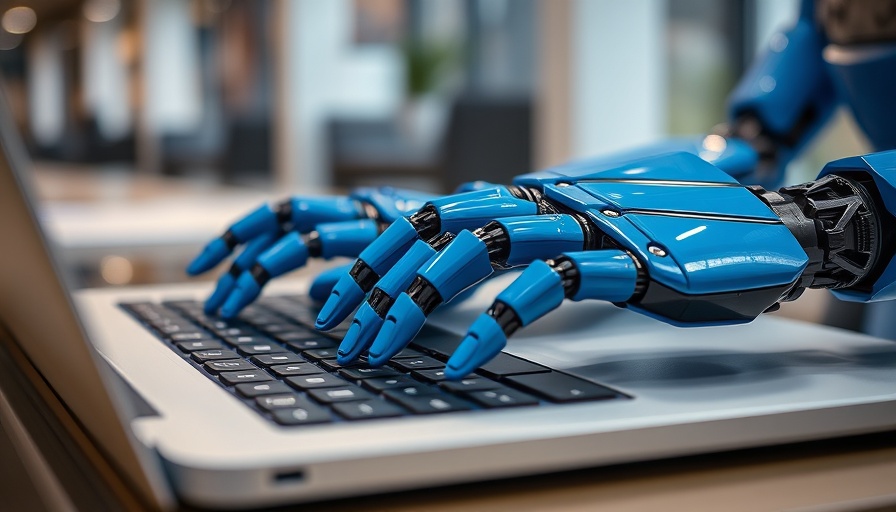
Exploring the Rise of AI Agents in Everyday Tasks
In a rapidly advancing technological landscape, AI agents are becoming invaluable tools across both personal and business applications. These agents, described as specialized AI systems, are capable of performing varied tasks such as ordering groceries, booking flights, and even managing business processes. They empower users by automating repetitive assignments and executing complex workflows autonomously, thus redefining the nature of work and personal productivity.
Breaking Down the AI Agent Concept
AI agents are distinct from traditional AI chatbots. While chatbots are primarily reactive, generating responses based on user input, AI agents such as OpenAI’s Operator and Google’s AI co-scientist take initiative. They are designed to proactively complete requests by setting plans into action—booking restaurant reservations or managing schedules, all tailored to user preferences. According to Tammy Madsen, a professor of strategy and innovation, the integration of AI agents can simplify complexities in daily life.
The Evolution from Automation to AI Agents
The landscape of automation has shifted dramatically from robotic process automation (RPA) to sophisticated, agentic AI systems. Companies like Salesforce and Microsoft are now allowing engineers to create their own AI agents through platforms like Agentforce and Copilot Studio. This transition promises greater efficiency and creativity, as organizations leverage AI to not just perform tasks, but to enhance decision-making, marketing strategies, and customer engagement.
AI Agents and Their Business Impact
AI agents are touted for their ability to enhance productivity in enterprise settings significantly. Research from McKinsey suggests that businesses that effectively adopt AI can increase their productivity by up to 40%. The technology has proven especially transformative in areas such as customer service, data analysis, and human resource management, where agents undertake time-consuming tasks, allowing employees to focus on more strategic initiatives.
The Balance Between Automation and Human Collaboration
Despite their advantages, AI agents must work in tandem with human capabilities. Experts emphasize that while AI can handle mundane tasks, human creativity and empathy remain irreplaceable. Future perspectives from industry leaders stress that optimal integration should focus on enhancing human performance rather than outright replacement, creating hybrid workplaces that leverage AI for greater efficiency.
Challenges to AI Adoption in the Workplace
As with any technological advancement, the integration of AI agents poses several challenges. Resistance to change, concerns over job displacement, and ensuring algorithmic fairness are critical considerations. Organizations must be willing to invest in employee training and ethical frameworks to foster a culture that embraces AI’s potential while addressing inherent biases and job security fears.
Looking Ahead: Future Directions for AI Agents
As AI technology continues to evolve, the scope and capabilities of AI agents will likely expand. The focus will not only be on improving their operational efficiency but also ensuring they can manage increasingly complex workflows with minimal human intervention. This evolution could redefine how tasks are executed in various industries, from healthcare to entertainment.
Conclusion: Embracing AI Agents
The emergence of AI agents marks a pivotal moment in the evolution of automation and productivity. By embracing these advanced tools, organizations and individuals can unlock new efficiencies and innovations. However, it’s crucial to maintain a balanced approach that respects the human touch in collaborative workflows, ensuring that technology augments rather than replaces human capability.
 Add Row
Add Row  Add
Add 




 Add Row
Add Row  Add
Add 

Write A Comment